Geotechnical Engineering Laboratory
This Laboratory is designed to obtain the basic knowledge about the soil under loading and unloading conditions occurred during the construction of structure at site. This laboratory helps the students to understand the basic and engineering properties of soils such as Specific gravity, Atterberg’s limit, Compaction, Consolidation, Permeability and Shear strength of soils.
Facilities: Liquid Limit (2 No’s), Plastic Limit (2 No’s), Shrinkage Limit (2 No’s), Field Density – Core cutter (2 No’s), Field Density – Sand replacement method (2 No’s), IS sieve sets (2 No’s), Permeability- Constant head / Variable head (1 No.), Light compaction (2No’s), Heavy compaction (2 No’s), CBR Test (1 No.), Consolidation apparatus (1No.), Unconfined compression test (1 No.), Tri axial test (1 No.), Direct shear apparatus (1 No.), Vane shear test (1 No.), Mechanical Sieve Shaker (1 No.), Electronic balance - Capacity: 600 g (2 No’s), Electronic balance – Capacity: 5 kg (2 No’s), Electronic balance - Capacity: 30 kg (2 No’s), Pyconometer (4 No’s), G.I. Trays - 60 cm x 60 cm (2 No’s), G.I. Trays – 30 cm x 30 cm (2 No’s), Measuring jar -Plastic 1000 ml (4No’s), Measuring jar - Plastic 100 ml (4 No’s), Measuring jar - glass 1000 ml (4 No’s), Measuring jar - glass 1000ml (4 No’s), Hot air oven (1 No.), Sampling tubes (4No’s), Universal sample extractor (1 No.), Standard Penetration test (1 No.).
Equipment

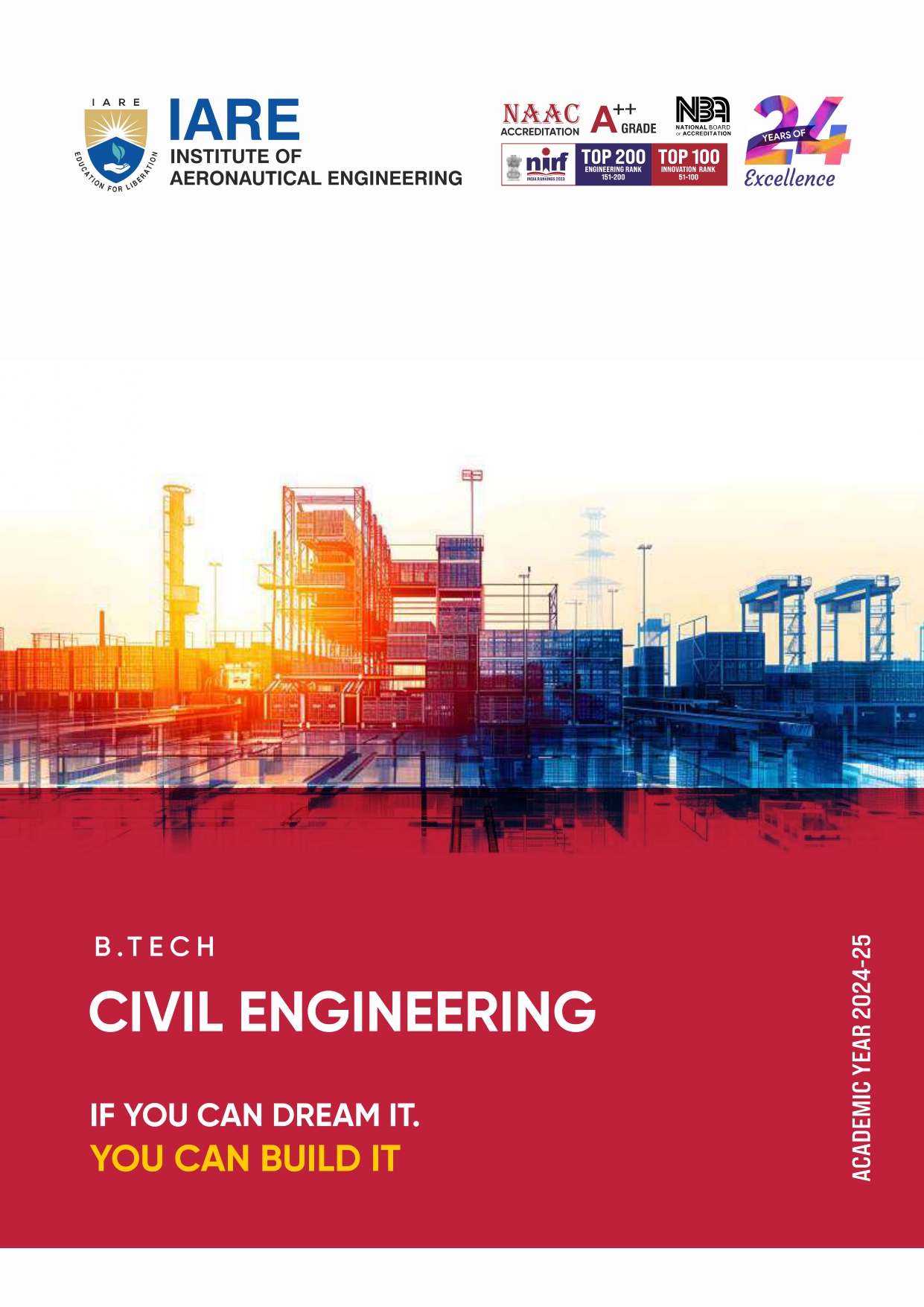
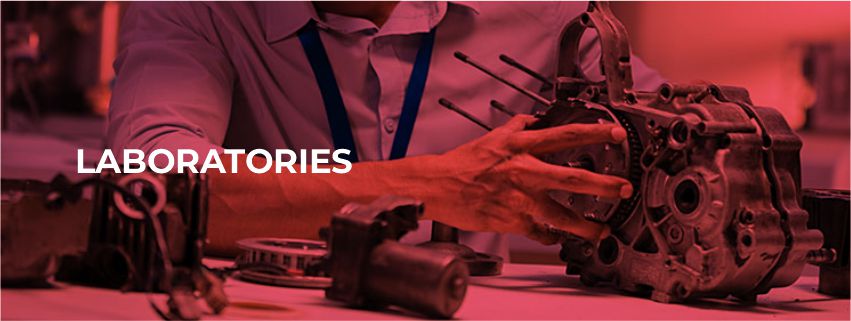
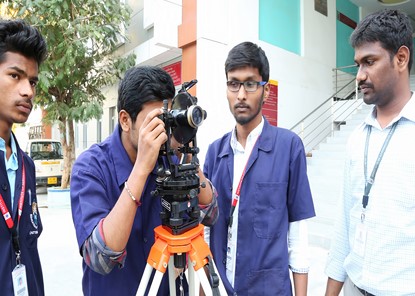
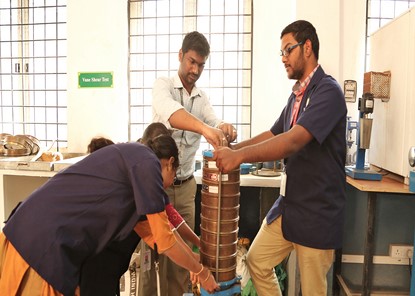
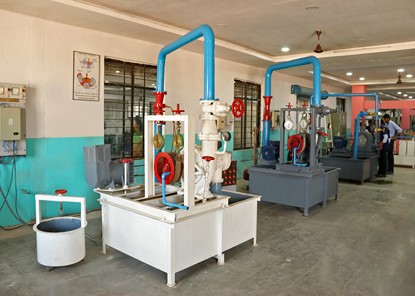
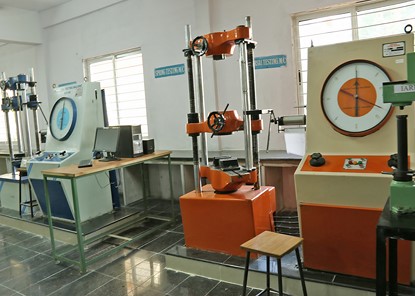
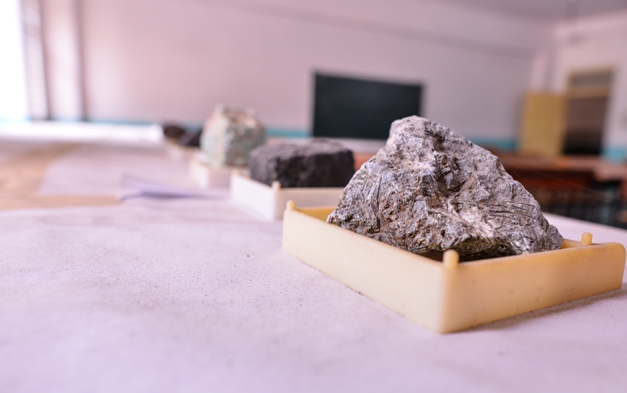


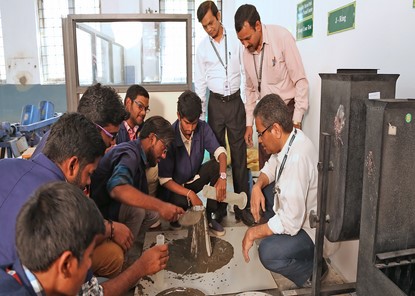
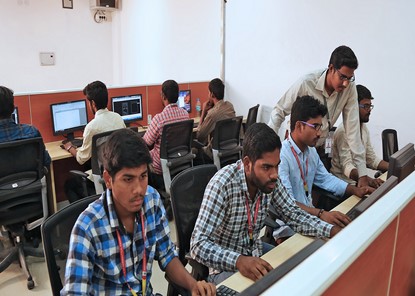
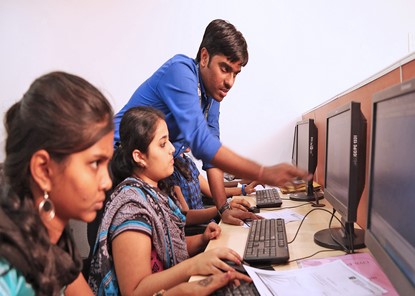

 Work with Us
Work with Us Campus Map
Campus Map How to Reach Us
How to Reach Us Online Degree Verification
Online Degree Verification Photo Gallery
Photo Gallery